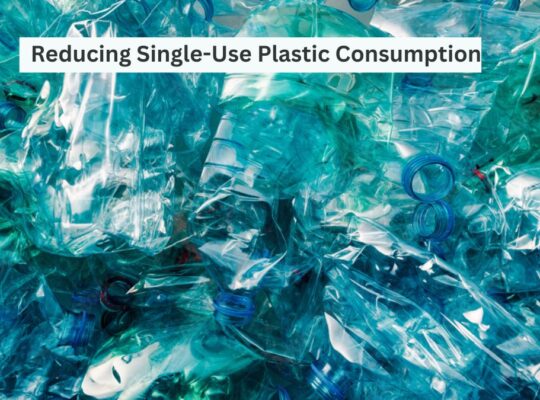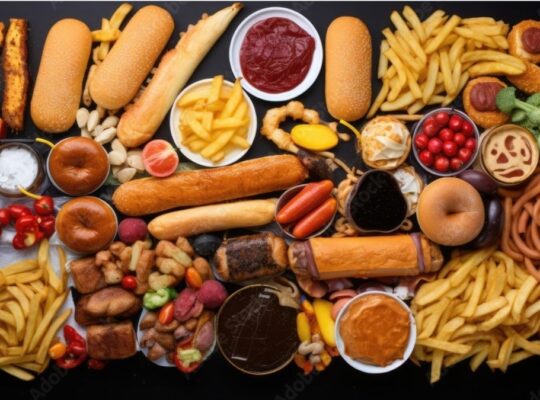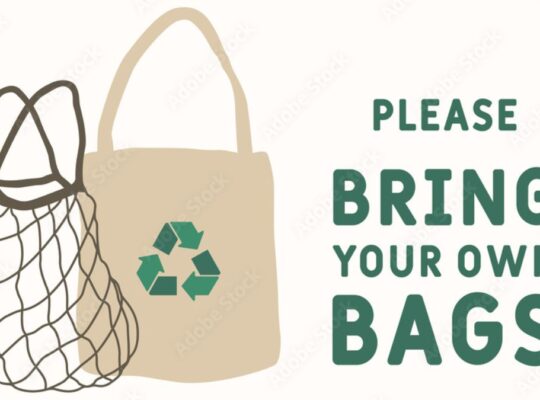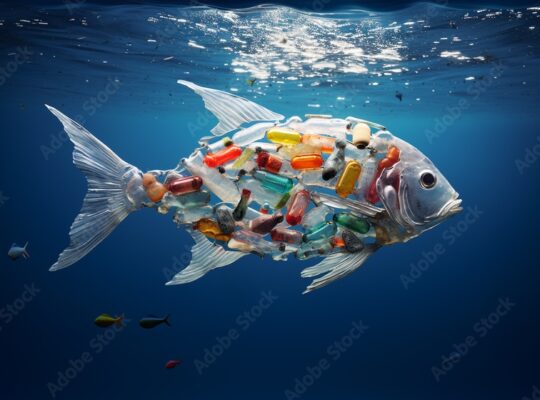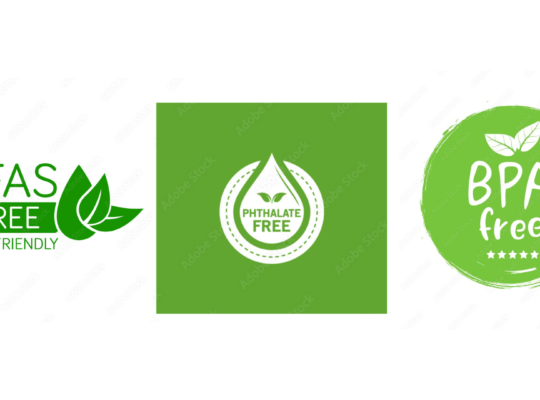In our fast-paced lives, it’s easy to overlook the significance of the food choices we make daily. The modern food industry has seen a surge in convenience foods, but have we considered the impact of these choices on our health and the environment? Let’s delve into the importance of reading food labels for additive awareness and how it can transform the way we eat.
Why Read Food Labels?
Understanding what goes into the food we consume is vital for making informed decisions about our health. Food labels serve as a gateway to comprehending the nutritional content and, more importantly, the additives present in our daily meals.
The Rise of Processed Foods
As the demand for convenience rises, so does the prevalence of processed foods. These often contain additives – substances used to enhance flavor, appearance, or shelf life. However, not all additives are harmless, and some may have adverse effects on our health.
Unveiling the Secrets: How to Read Food Labels
- Ingredient List Analysis: The ingredient list is your roadmap to the contents of your chosen product. Familiarize yourself with common additives such as preservatives (e.g., sodium benzoate), sweeteners (e.g., aspartame), and colourings (e.g., tartrazine). Opt for products with shorter, recognisable ingredient lists.
- Nutritional Information Breakdown: Pay attention to key nutritional components such as fat, sugar, and salt. Be wary of products that boast “low fat” or “sugar-free” claims, as they may compensate with other additives. Strive for a balanced diet by choosing whole foods over heavily processed alternatives.
The Environmental Impact
Our food choices not only affect our health but also the environment. Opting for locally sourced, organic produce reduces the carbon footprint associated with transportation and the use of harmful pesticides.
As renowned chef and advocate for sustainable food practices, Jamie Oliver, once said, “It’s about making informed choices about what we put in our bodies – one of the most important aspects of our lives.”
Echoing this sentiment, Michael Pollan, an acclaimed author and activist, emphasizes, “Eat food. Not too much. Mostly plants.“
The Way Forward
In a world inundated with choices, being aware of what we consume empowers us to make healthier decisions for ourselves and the planet. Let’s pledge to read food labels, prioritise whole, minimally processed foods, and take a step towards a healthier, more sustainable future.


